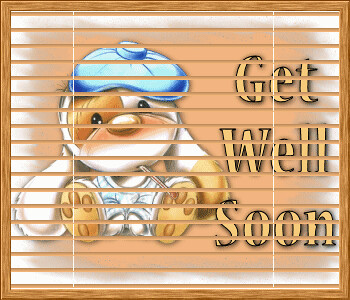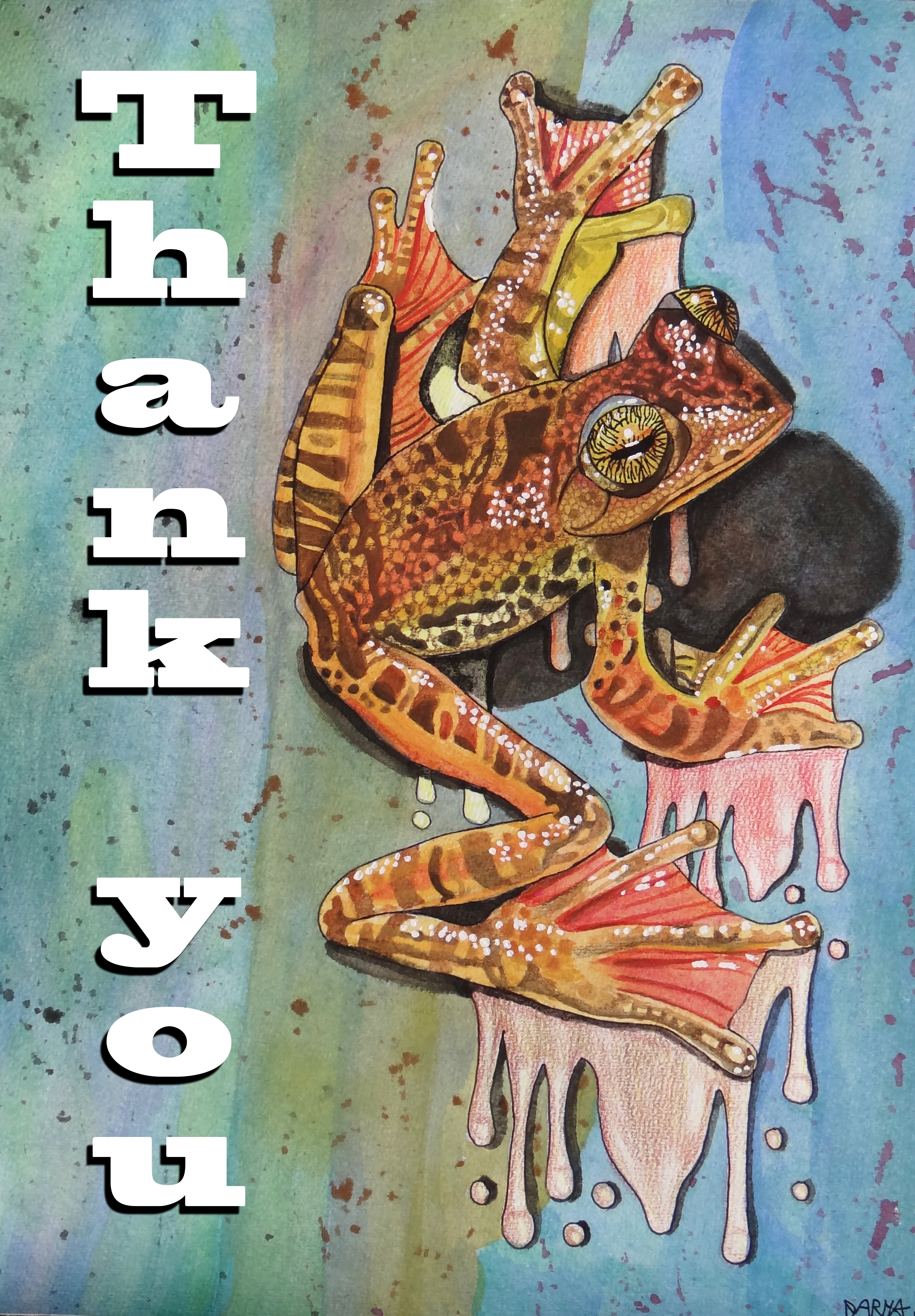
Stress and work seem to go hand in hand. Today, the American worker is both the most productive and the least likely to take vacations. This along with a continued presence of stagnation in our economy and a loss in actual buying power in real wages, is putting exceptional stress on the families that depend on that wage value. Meanwhile, corporations are continuing to make record profits and not investing, as a whole, back into the economy. Moreover, new technologies like Artificial Intelligence, Finance technologies, 3D Printing and Self-Driving cars are threatening the stability of many jobs once thought safe. Today a shocking number of occupations, some that require four year degrees and/or thousands of hours of real experience real world experience are actually well below what many would expect. Here are just some occupations that are shocking low in their market valuation:
Adjunct Professors, make an average $21,600 for full time, however few make more than 35hrs per week.
Home Health Ade make an average $21,830 annually.
Regional Pilots make and Average $22,400 annually and training can cost upwards of $100,000.
Veterinary Technician makes $31,470 average and require a four year bachelor’s degree.
The major source of stress should be the primary concern. When talking about stress at work and the first to be addressed with tips for handling the stress at work.
Many corporations place tremendous stress upon their workforce vis-s-vie one simple equation often repeated: The simple application of responsibility for production, without the authority to decide on the manner in which that production occurs. To understand how this works, we need only consider an example: Joe is a worker at X Brand manufacturing, his supervisor gives the quota of 1000 pieces each day. However throughout the day many issues accumulate from further upstream in the process which prevent or slow down the ability to reach such quotas. This little unrecognized effect is at the core of much of our work related stress. Having no authority to control the quality along with the responsibility for production demands, exacts a tremendous stress on workers every day. These are just a few examples of what is now considered “the new normal” and along with the growing concern over our jobs, all of this just adds to the importance of managing stress at work. Stress is actually a mental state that results from a perceived stress, and as such can be dealt with through a much larger range of techniques.
Most resources point to palliative measures and unless we are able to address the main source of stress in our labor force. The solution seems obvious for workers around the globe, they need to gain control over their labor and begin to empower themselves. Part of this empowerment can come from supporting Democratically Run Worker cooperatives and/or the conversion of sole proprietorships and corporations into ESOPS. Worker empowerment can go a long way in reducing the daily stress surrounding production by giving them authority over their work as well as responsibility. The UN called 2012 the year of the Cooperatives and it was the start of significant activities surrounding the integration of Democracy into our workplaces. Socially, we have other options in how work is structured and these we can go into more in the coming articles.






































